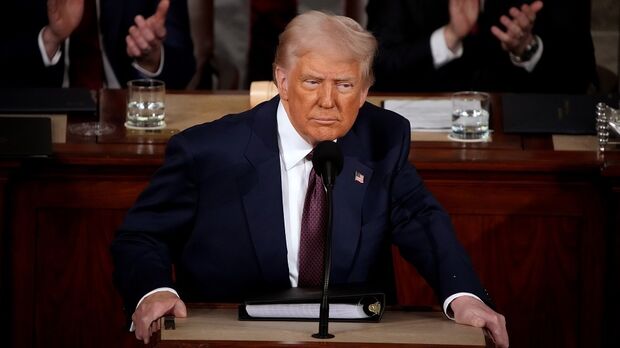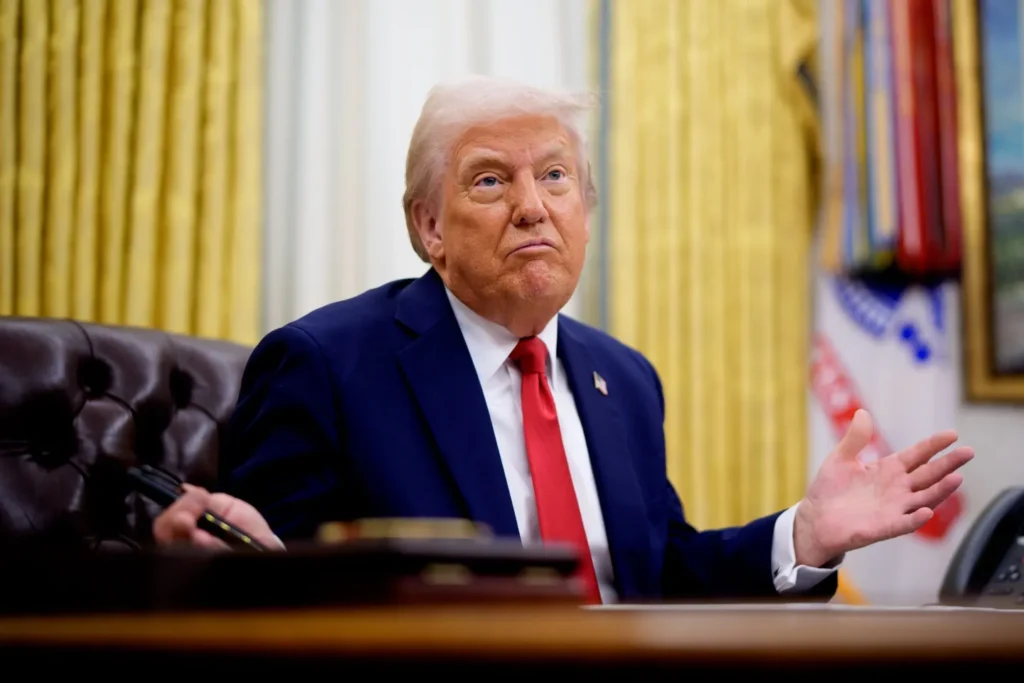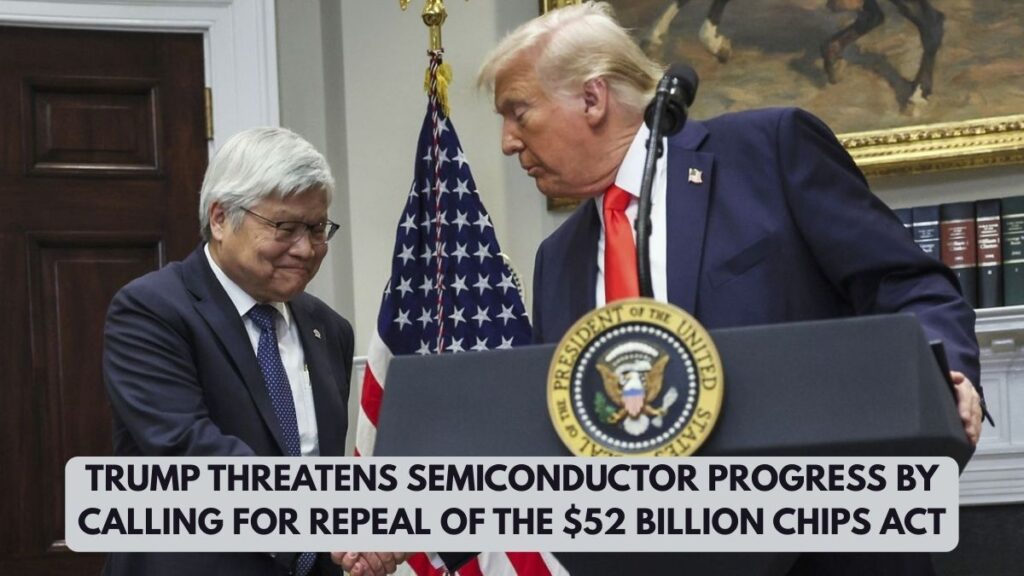Former U.S. President Donald Trump has ramped up his criticism of the bipartisan CHIPS and Science Act, a landmark piece of legislation passed in 2022 aimed at bolstering American semiconductor manufacturing.
Despite the law’s success in securing more than $500 billion in private sector investments, including a historic $100 billion commitment from Taiwan Semiconductor Manufacturing Company (TSMC), Trump now seeks to dismantle the very policy he claims rewards corporations with “massive handouts.”
While Trump’s position finds some support among his loyalists, it has stirred significant backlash from industry leaders, Republican lawmakers, and economists who warn of potential economic and national security risks if the Act is repealed or defunded.
Trump’s Opposition to the CHIPS Act

Trump recently referred to the CHIPS Act as a “horrible, horrible thing” and said he intends to scrap it if reelected in 2024. He argues that the subsidies granted under the Act benefit companies without adequate assurance that they will create jobs or production facilities within the United States.
In a recent interview, Trump claimed that his administration had secured TSMC’s investment in Arizona through the threat of a 100% tariff rather than through financial incentives. According to a Business Insider report, Trump stated, “We didn’t give them money—we told them they’d face tariffs unless they built here.”
The CHIPS Act and What It Has Achieved
Signed into law by President Joe Biden, the CHIPS and Science Act of 2022 provides $52.7 billion in federal funding for semiconductor research, manufacturing, and workforce development. It was designed to reduce America’s reliance on foreign chip production and strengthen national security in the face of growing tensions with China.
Since its enactment, the law has catalyzed over half a trillion dollars in private investment commitments from companies like Intel, Samsung, and Micron. These efforts aim to reinvigorate U.S. technological dominance and create tens of thousands of high-skilled jobs.
Pushback From Industry and Republican Leaders
Trump’s proposal to repeal the Act has raised alarms across the business world and Capitol Hill. Republican Senators John Cornyn and Michael McCaul, both from Texas, have voiced strong support for the CHIPS Act, emphasizing its significance for job creation and supply chain resilience.
In a statement to the Texas Tribune, Cornyn warned that dismantling the CHIPS Act would “undermine U.S. competitiveness and threaten critical defense technologies.”
Executives in the semiconductor industry argue that repealing the CHIPS Act or imposing high tariffs could not only derail ongoing projects but also drive companies to relocate production elsewhere, causing job losses and weakening America’s edge in advanced technologies like artificial intelligence and cloud computing.
Trump’s Alternative: The Investment Accelerator
In response to criticism, Trump has proposed establishing the “United States Investment Accelerator,” an initiative within the Commerce Department to attract corporate investment without subsidies. According to Reuters, the program would use regulatory streamlining and tax penalties to compel companies to build facilities in the U.S.

While the details of this plan remain vague, economists have questioned whether it can match the effectiveness of the CHIPS Act without offering financial support or long-term industrial planning.
The Stakes for America’s Future
Beyond economic impact, the CHIPS Act plays a vital role in national security. The U.S. Department of Defense and other federal agencies have highlighted the strategic importance of domestic semiconductor production to reduce dependency on Chinese supply chains.
A report from the Semiconductor Industry Association notes that a robust domestic chip manufacturing base is essential to securing everything from smartphones to missile systems. Rolling back these efforts, experts say, could expose the U.S. to vulnerabilities in both economic and military spheres.
Conclusion
As the 2024 presidential election approaches, Trump’s stance on the CHIPS Act has become a flashpoint in debates over industrial policy and economic nationalism.
While he promises a tougher, tariff-based approach, many experts warn that undoing years of progress could lead to unintended consequences for the economy, national security, and global competitiveness.
With billions already committed and facilities under construction, the future of the CHIPS and Science Act will likely depend on the outcome of the upcoming election—and whether pragmatic investment or political ideology will shape America’s technological future.
This article has been carefully fact-checked by our editorial team to ensure accuracy and eliminate any misleading information. We are committed to maintaining the highest standards of integrity in our content.

Himanshu Sharma writes for Weekend Spy, focusing on recruitment, government schemes, and current affairs. He is dedicated to making complex information accessible to readers.
Himanshu enjoys playing chess, hiking, and trying new recipes, always seeking ways to combine his love for writing with his passion for exploration. Connect with Drop him an email at [email protected].







